Podcast: Play in new window | Download
Subscribe: RSS
Gail Graham is the founder and Principal of Graham Strategy, LLC, a strategic marketing and consulting firm for advisors and organizations who are committed to improving wealth management for consumers. Previously she was the CMO at United Capital, and EVP of marketing and business development at Fidelity Investments.
Takeaway Quote:
“Your aspiration should be that when people come to your firm, they’re absolutely relieved, and they’re saying oh my God, I finally found it.”
Show Timeline:
1:44 The questions advisors need to be asking themselves about the future
Understanding the value perceived by clients, and the needs moving forward
4:38 The difference between strategy and tactics
How Gail and other experts help advisors get mental clarity around the business strategy
10:12 The insights found in qualitative research, to tell us what clients really value
Examples of how to dig down and speak to clients’ pain points
16:21 Why being yourself is the best branding strategy
The benefits of ‘dropping the façade’ of conventional marketing
20:35 How advisors can start putting the pieces of their brand in place
The importance of clarity and consistency across the board
25:43 Reconciling personal brand with firm brand
Gail’s previous firm experience and thoughts on creating a cohesive unit
28:56 The effects of this approach on referability
Helping clients communicate what sets you apart to others
33:47 The power of saying ‘what we do isn’t for everybody’
Why Gail specifically asks her clients to put this into practice
Links:
Twitter: https://twitter.com/TheGrahamBrand
LinkedIn: https://www.linkedin.com/in/gail-graham-1527691b/
Email: Gail@GrahamStrategy.com
Want more?
Stephen Wershing: www.TheClientDrivenPractice.com/checklistblog
Julie Littlechild: www.absoluteengagement.com/blog
Episode Transcript:
Julie Littlechild:
Welcome to another episode of Becoming Referable, the podcast that helps you be the kind of advisor people can’t stop talking about. I’m Julie Littlechild, and on this week’s show, Steve and I are speaking with Gail Graham, and we’ve really been looking forward to this conversation. Gail recently founded Graham Strategy. Her goal is to work with larger wealth advisory firms who are really looking to transform their businesses, and you don’t have to look further than her last two positions to see why she’s exactly the person to do that.
Prior to founding Graham Strategy, Gail was the CMO at United Capital, and prior to that, an EVP of marketing and business development for Fidelity. So she has been driving innovation for some time. What I really love about this conversation is that we get to tap into Gail’s strategic brain and the questions that we all need to be asking ourselves about the future. We talk about the things that make an advisor stand out in the crowd, and the importance of demonstrating value, but in a really tangible way. We talk about brand and the impact on referrals. I know I took a ton of notes during our call, and with that, let’s jump right in. Gail, welcome. Such a pleasure to have you on today.
Steve Wershing:
Welcome, Gail.
Gail Graham:
Thanks, guys. It’s awesome to be with you.
Julie Littlechild:
Gail, there are so many things that I would love to talk to you about. I’m going to try to narrow the focus. One of the things that strikes me in talking to advisors is that when we talk about client experience and when we talk about referrals, it’s so easy to jump to the tactics. We jump straight there. What should you say? How you should approach it? But I would really love to start with your take on the strategy behind this. You have such a great strategic mind, but I wonder if we could just start and ask you, what do you think the big questions are for advisors? What should they be asking themselves as they start to think about growth and the future?
Gail Graham:
Great. Great question. As you know, I think of marketing as almost the frosting on the cake, that the strategy is the cake. It’s the substance of what you do. To me, there are two things that I think advisors should be really thinking about. One is really honestly saying, what am I doing that is so valuable that people should be willing to pay for it? Too many advisors talk in what I call the giant sea of sameness, the speak of our industry about things like comprehensive wealth management, and make assumptions that that’s what people value. When you really talk to people, and no one knows this better than Stephen, who’s just actually worked with me on a client advisory board. It was fascinating to hear people. What we think that they are paying for and what they think they’re getting in value are often different. If an advisor hasn’t really thought about making sure that they deliver something that people really value, then I think that they will not be successful.
I really do see, we’re going to see a thinning of the herd. If advisors, there are some advisors that frankly aren’t that good out there who are selling investments products and doing very standard and routine kinds of planning that are just not that valuable to people anymore. Number one is, have you thought hard about what people value and what they’re willing to pay for? Not lots of extra fuss, but truly willing to pay for? There’s all methods of research for that. You know, Julie, the conjoin and discreet choice and other ways that you force people to tell you what they’re willing to pay for, but that’s an important question.
The second thing is to really look at where consumers are going, and ask yourself, are you prepared to meet the needs of new investors? I’m not just jumping to the millennials. We know that the boomers were very trusting clients. The Gen Xers are less trusting. They have higher demands for convenience and service and problem solving and other things, and I feel that advisors, if they have more than a five-year career ahead of them, need to spend much more time thinking, what am I doing that’s valuable? And where are the people that I’m serving headed? Where are they going? Where’s the market going for consumers? We have to be future focused, and those two things are what’s on my mind.

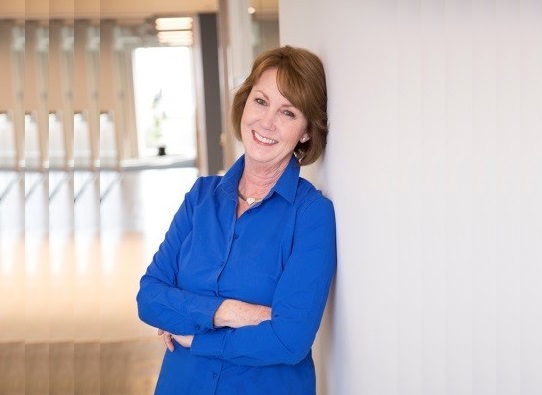
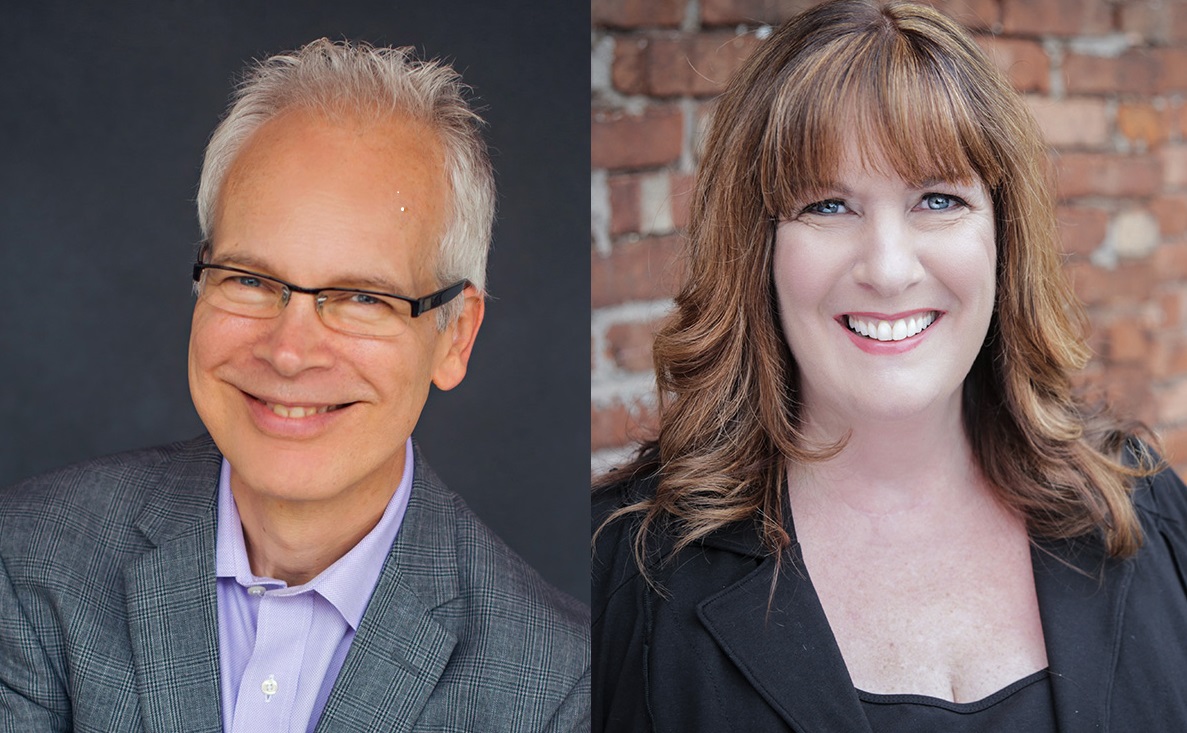
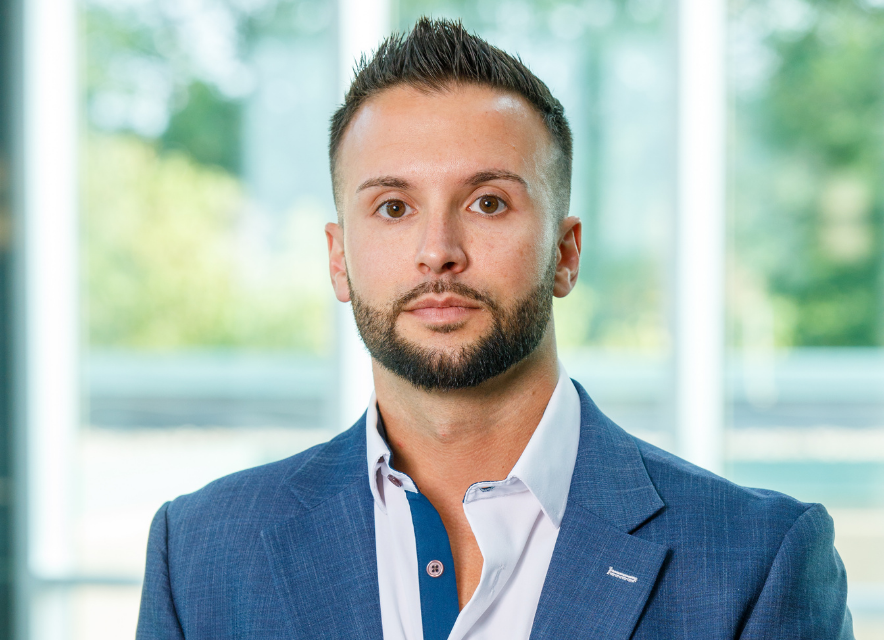
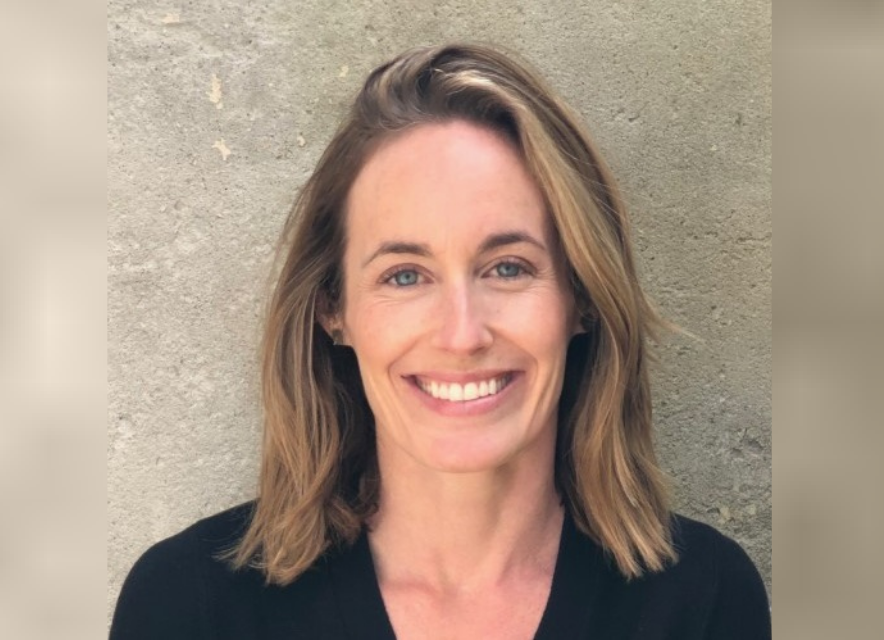
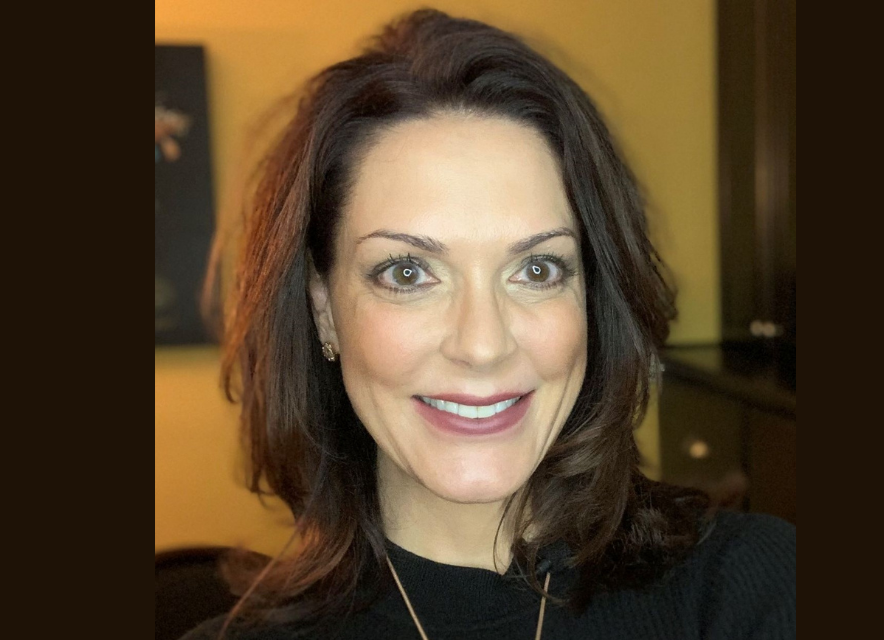
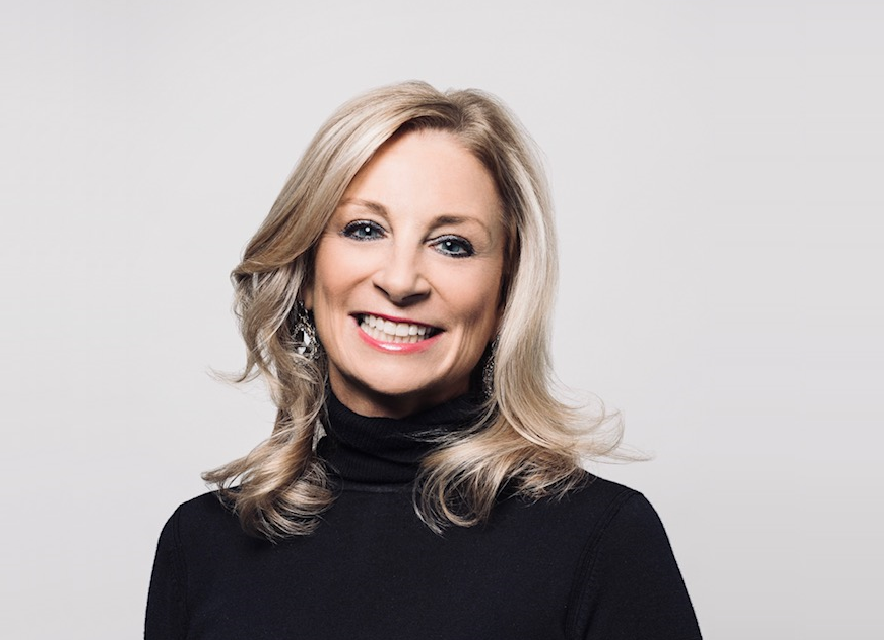
Leave A Comment